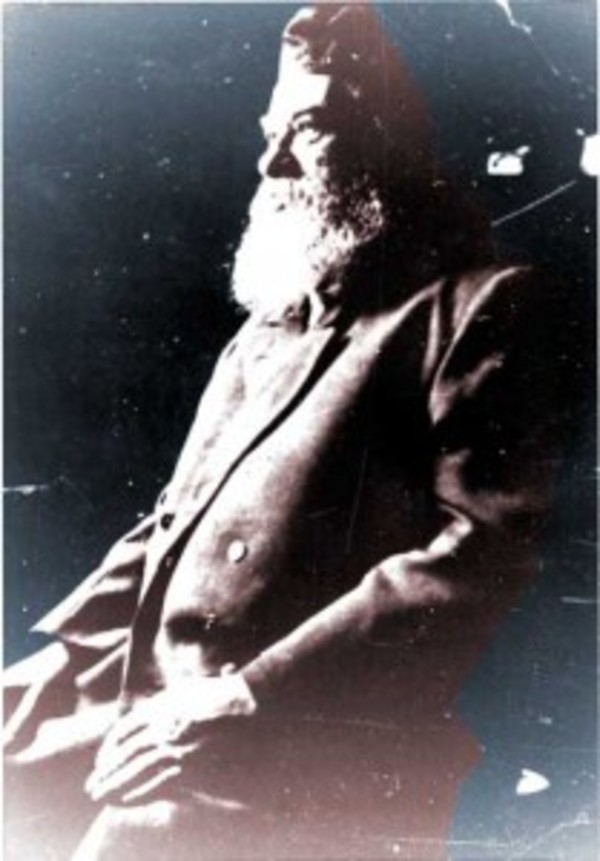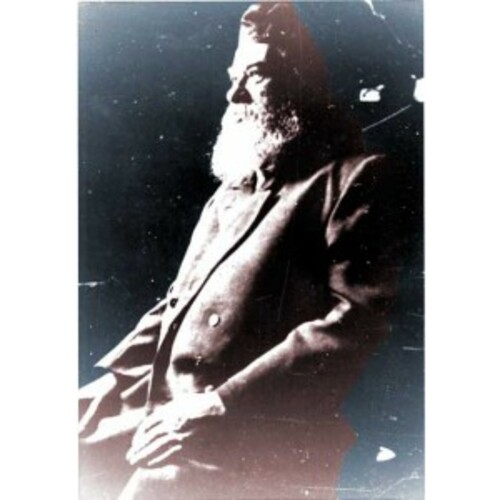
Source: Link
HALPERN, ISAAC, rag dealer, butcher, and Jewish religious leader; b. 10 July 1860 in Galicia, a province of the Austrian empire; m. before 1877 Fanny Singer, and they had three sons and three daughters; d. 7 July 1922 in Toronto.
Isaac Halpern came to Toronto from New York in 1888 or 1889, shortly after he had emigrated from Austria. If he was like other East European Jews arriving in Toronto in the 1880s and 1890s, he was close to being destitute. Collecting rags, which were used mostly for making paper, required little capital and offered a degree of independence for Jews wishing to observe holy days. In 1890 Halpern became a naturalized citizen and was joined by his family.
Although he was not an ordained rabbi, Halpern was highly learned in Jewish law and became the shochet (ritual slaughterer) for the Galician Jewish community in the city. Almost immediately upon his arrival, he had been among the founders of the Galician synagogue, Shomrai Shabboth. The congregation met first in a room on Richmond Street, then on Queen Street, and finally, in 1899, on Chestnut Street in St John’s Ward, where the Halperns lived. Isaac acted as their spiritual leader until the arrival from Romania in 1901 of the Galician-born Joseph Weinreb, the first eastern European rabbi to serve in Toronto. Halpern was especially popular because he undertook to be the East Europeans’ spokesman whenever the acculturated English Jews of Holy Blossom Temple became patronizing or attempted to speak for them. When the Duke and Duchess of Cornwall visited Toronto in 1901, he was a representative of the Jewish community at the formal greeting ceremony.
After 1901 Halpern appears to have given up his work as a butcher to focus on rabbinical duties at the Chestnut Street Synagogue as well as at the Polish Jewish synagogue on nearby Elm Street. Religious and ethnic tensions existed among Toronto’s Galician, Polish, Russian, and Lithuanian Jews; in 1906 the Galician congregation itself split over differing religious practices, largely according to place of origin in Galicia. The division even occasioned a riot. Halpern stayed with the congregation on Chestnut Street.
Several of his children continued to live at home after they had started work: Moses was a commercial traveller who with his brother Jacob, a butcher, started a soda-water manufactory, and Susan became a stenographer. Abraham, a student in 1913, would go on to become a prominent rabbi in the United States. Another daughter, Malca, a graduate in nursing from Mount Sinai Hospital in New York City, took charge about 1922 of the medical operations of the Federation of the Jewish Philanthropies in Toronto.
Isaac Halpern died of heart disease in July 1922 and was buried in the Jones Avenue Cemetery. The Toronto Daily Star described his passing as “a great loss to the Jewish community.”
AO, RG 22-305, no.45794; RG 80-2-0-450, nos.2369, 3589. LAC, RG 31, C1, 1901, Toronto, Ward 3, div.10: 15 (mfm. at AO). Evening Telegram (Toronto), 8 July 1922. Globe, 8 July 1922. Toronto Daily Star, 8 July 1922. Yiddisher Zhurnal/Daily Hebrew Journal (Toronto), 9 July 1922. Directory, Toronto, 1891–1922. Joseph Pope, The tour of their royal highnesses the Duke and Duchess of Cornwall and York through the Dominion of Canada in the year 1901 (Ottawa, 1903). S. A. Speisman, The Jews of Toronto: a history to 1937 (Toronto, 1979).
Cite This Article
Stephen A. Speisman, “HALPERN, ISAAC,” in Dictionary of Canadian Biography, vol. 15, University of Toronto/Université Laval, 2003–, accessed December 21, 2025, https://www.biographi.ca/en/bio/halpern_isaac_15E.html.
The citation above shows the format for footnotes and endnotes according to the Chicago manual of style (16th edition). Information to be used in other citation formats:
| Permalink: | https://www.biographi.ca/en/bio/halpern_isaac_15E.html |
| Author of Article: | Stephen A. Speisman |
| Title of Article: | HALPERN, ISAAC |
| Publication Name: | Dictionary of Canadian Biography, vol. 15 |
| Publisher: | University of Toronto/Université Laval |
| Year of publication: | 2005 |
| Year of revision: | 2005 |
| Access Date: | December 21, 2025 |



